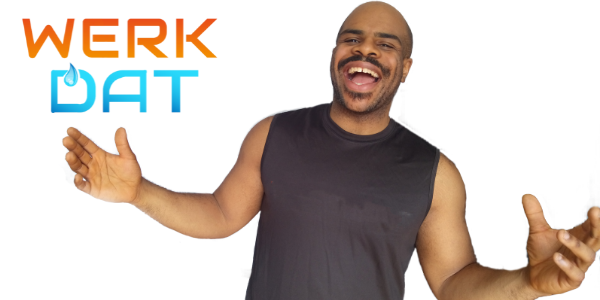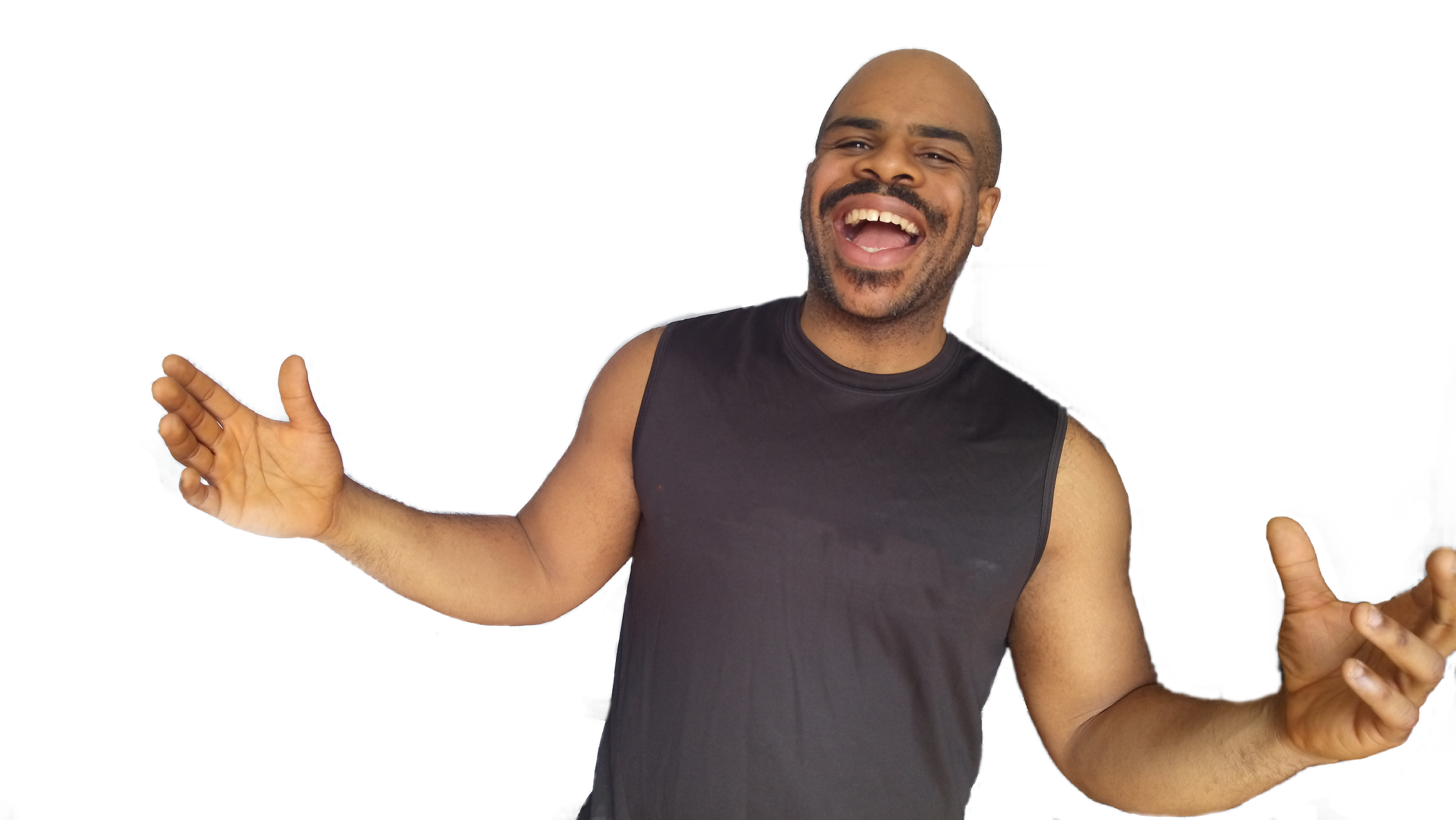What’s your name?
Dennis Perkins IV
What is your country of birth?
United States
Share details about your cultural background
I would describe myself as African American or Black.
How would you describe your childhood/how you grew up?
I loved my childhood. I had a stable two-parent family home. Both of my grandparents lived about 3 minutes apart, so it was great to hang around them. I grew up in East Chicago, Indiana. Most of the population consisted of Blacks and Mexicans. As a kid, I enjoyed being outside and riding my bike. I was always active doing different sports like basketball and football.
The Boys & Girls Club was a major part of my childhood. I was an active member from the ages of 7-17. At “the club” as it was referred to, I got to meet all kinds of people. My father wanted me to go so I would understand how to interact with people who weren’t the same as me. Every other year my parents took me and my sister to places so we could learn what the rest of America was like.
How would you best describe your role in fitness?
My role in fitness is as a group fitness instructor.
How did you find your interest in fitness?
My sister came to live with me for a week. One day she was playing a workout VHS in the living room. I went to see what she was doing. I joined in and I was hooked. I couldn’t believe how fun the workout was. After some time, I joined a gym and they offered the same class of the workout tape. I wasn’t even aware that you could teach fitness. I asked the instructor how I get certified and the rest was history.
How does exercising make you feel (before/during/after)?
If I am doing group fitness it boosts my mood. The anticipation before a class gets me hyped up. During the class, I feel like I’m in a different world. Nothing else matters at that moment other than the workout. Feeling the energy of all the people helps me work out even harder. After working out I feel mentally refreshed and relaxed.
How have you experienced racism in fitness or as a fitness professional/owner?
I can’t say I have personally experienced racism in the fitness industry.
Do you feel that you are treated differently than some of your co-workers, fellow owners/operators? If yes, in what way?
I don’t feel that I have been treated differently.
Do you think you were passed over on a promotion because of your skin colour; or was it a contributing factor?
I haven’t been in a position to get a promotion as I only want to teach group fitness.
In your role/business how are you helping BIPOC individuals get hired, promoted, or recognized?
As a business owner, I am seeking out African American and Black fitness professionals. I am still a small company but the aim is to hire Black fitness instructors.
Are you actively doing something to promote fitness to your [BIPOC/Religious] community? If so, tell us about it
I started Werk Dat to shine a light on African American and Black fitness. Werk Dat focuses on music created by various cultures like Caribbean, African, Afro Latino, and African American. The goal is to build Werk Dat into what I call “The Werk Platform.” Right now I am focused on dance fitness but eventually, I will grow it into a suite of fitness programs like StepWerk, BoxWerk, SpinWerk, HiitWerk, and much more. To help spread Werk Dat I started a Youtube channel and my own fitness tv site.
What advice would you share with fitness businesses ready to make systemic changes in their organizations?
There are a few things that I would tell fitness businesses to help them make a change.
- Do research on various fitness creators. In the days of social media, it is easy to find up-and-coming fitness talent. Reach out to them and see if they are willing to help bring their program or style to your club.
- Ask other people what they need first. Since the murder of George Floyd all kinds of companies have made statements about wanting to make changes and what they all willing to do to fight racism. The first thing they throw out is monetary funds. Not all businesses need money. Nobody seems to ask what the people in the position of the oppressed needs.
- Give people more equity in your company and don’t just provide symbolism. An example of symbolism is using more minorities in ad campaigns but not using minorities to help your company develop fitness programs. If you work with someone to develop new programs both of you share the highs and lows. That to me is making a real commitment to changing your origination and giving a voice to the voiceless.
There is a lack of BIPOC in leadership in the fitness industry, how do you see this changing in the next 3 to 5 years, and what needs to happen for this imminent change?
To be honest, I don’t know if in the next 5 years if the leadership landscape will change to include more black people. After, the “feel goodness” of trying to help black people fades. I think the idea of helping more communities will fade.
However, I do think things can change with some real action. I think more partnerships and collaboration needs to be taken to help the fitness industry bring different voices into leadership. For example. I immigrated to Canada about 5 years ago. Nobody knew me. I was able to grow my classes at my gym to about 70 people. I got hired to teach Zumba but I was actually teaching my program Werk Dat. I noticed that no programs catered to people who enjoyed Caribbean music, so I decided to quit and build it on my own.
I tell this story to give some context about how to change. Let’s say it’s another black fitness professional who has an idea. Work with them and build something together. At minimum partner with them. You have to take a risk even if it doesn’t work out. If you don’t take risks, you don’t know who could be in leadership because you are looking for more of the same.



